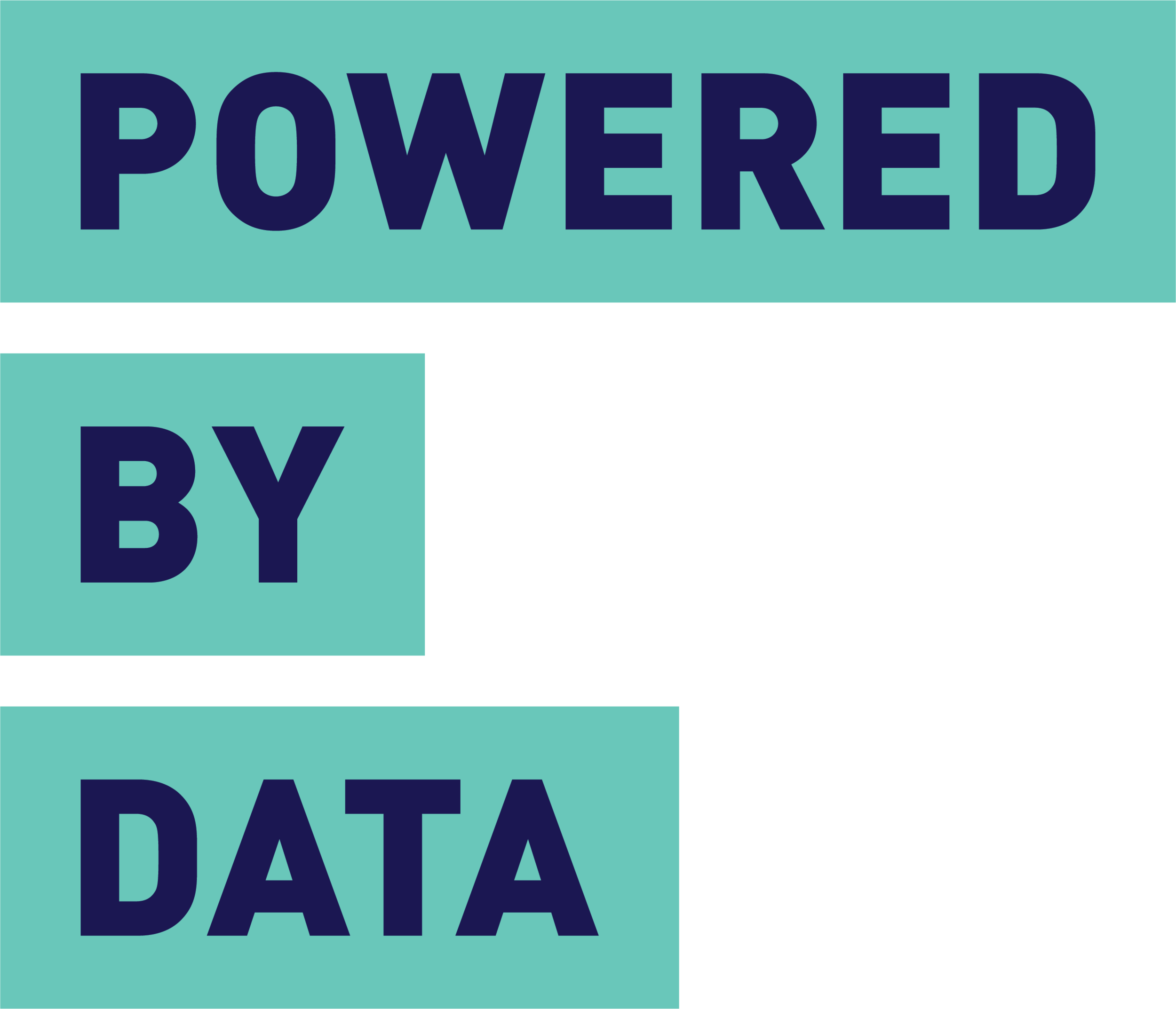How a social innovation is unlocking government administrative data
With the rise of the open government movement, governments across the world are seeking to harness the potential of their administrative data. Data Labs are becoming an important way for governments to accomplish that objective. This important social innovation is also referred to by a variety of other terms, including: Integrated Data Systems (IDS), Frameworks for Responsible Data Sharing, or even RCT-”Lite” evaluations. But the innovative approach to impact measurement remains the same.
In each case, relevant government administrative data — like offender history data, health & vital statistics or workforce development data — is shared with nonprofit organizations delivering programs. Although these databases do contain private information, they are made available in ways that ensure confidentiality. Accessing this data in a controlled manner, enables these organizations to better understand how their services are being used and what kind of impact their various programs are having.
New Philanthropy Capital (NPC) has a good outline of the four necessary elements of a Data Lab:
Government data about clients is accessed, either directly from government or through a third-party service.
A comparison group is set up through statistical matching or by random assignment.
Program outcomes are evaluated by comparing relative outcomes for service users vs non service users.
Results of the impact measurement are shared to build a body of evidence for best practices.
NPC helped support the development of a successful Justice Data Lab in the UK. Data on reoffending rates was shared by the Ministry of Justice and was used to compare the effectiveness of programs delivered by organizations working with ex-offenders.
NPC has also articulated the benefits that various stakeholders receive from data labs:
Nonprofit organizations get clear feedback about the effectiveness of their interventions.
Researchers are able to access a larger body of evidence, allowing for meta-analyses and a better understanding of what programs are working.
Service users benefit from improved and effective interventions.
Government is able to empower organizations of all sizes and skill-levels and increase learning throughout the nonprofit sector.
It should be noted that accessing administrative data held by government is also a crucial element to enable Social Impact Bonds. Nonprofits can use these labs to determine if their programs are successful enough to meet the criteria for payout.
Unfortunately, despite growing international success, the practice of Data Labs has not yet taken hold in Canada. We are looking forward to discussing Data Labs at the upcoming ONN conference in October, where we are organizing a panel on the topic. In the meantime, if you want to learn more about this innovative evaluation practice, here are two resources to get you started:
Guide: Using Administrative Data for Randomized Evaluations by the Abdul Latif Jameel Poverty Action Lab (J-PAL).
Creating a ‘Data Lab’ by New Philanthropy Capital
Also, if you are a visual learner, check out this introductory video by New Philanthropy Capital:
If you are interested in this topic, you can learn more by attending our Transform the Sector conference on February 23rd, 2017 at the MaRS Centre in Toronto. Transform the Sector is a one-day conference about radically increasing the social sector's impact through its use of digital data. Data Labs will be covered in the one of the plenary panels. You can register for the conference here.

